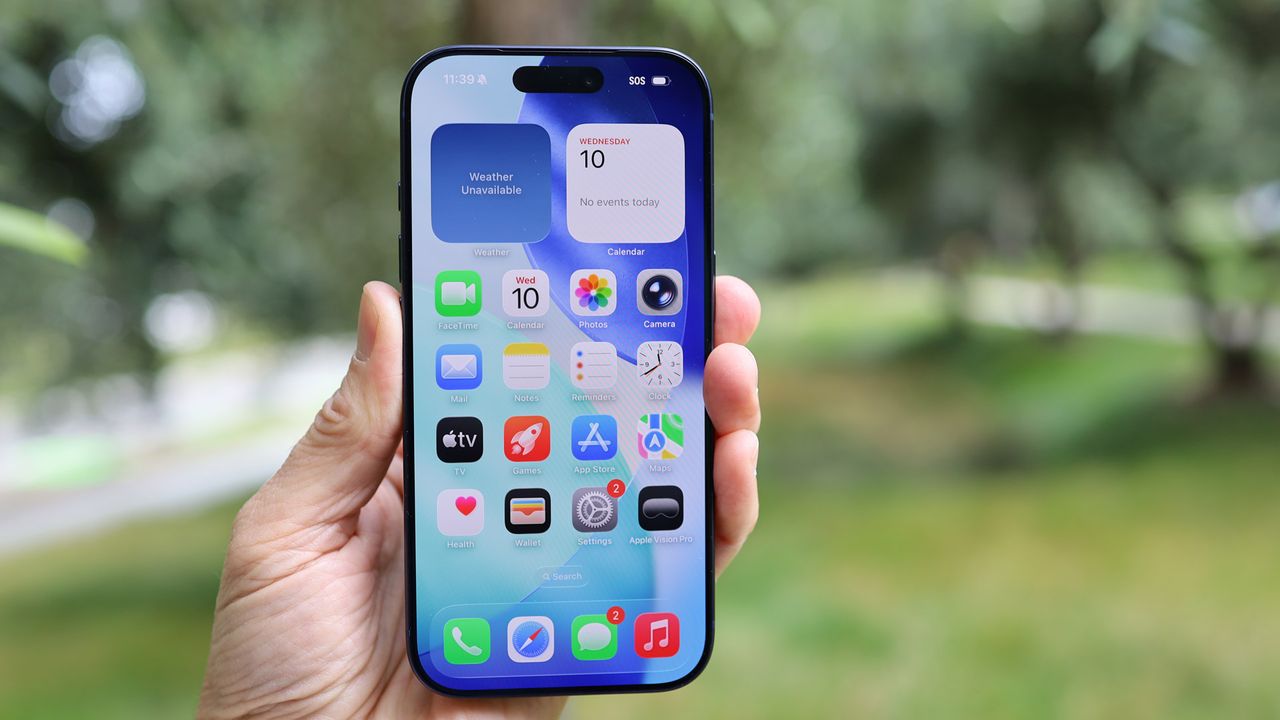
Before Facebook acquired WhatsApp, it used to display a banner in the app asking users to pay a fee in order to use its messaging service after the first year. I don’t know anyone who has actually paid that fee, but now you might not have to. After 9 years, WhatsApp has finally figured out a way to make some money. WhatsApp is expanding its Business API that let companies communicate with their customers on the platform. They can now programmatically send users information like shipping confirmations and boarding passes, offer real-time customer support, and accept inquiries via a click-to-chat button on their site (similar to how Facebook’s Messenger plugin works).
This all sounds fine and well, but you might remember that it’s the API’s that are getting Facebook into trouble right now. Meaning – will this put users at risk? Or is this a good idea? The API’s themselves will allow businesses to respond to customers at no charge, for up to 24 hours. After that, it will cost a fixed rate per message – which will vary by country. The API will also plug into management tools like Twilio and Zendesk. But I’m still not convinced that this is not going to be another Cambridge Analytica type situation.
That’s not to say that all of the companies that are interested are automatically going to start stealing user data. I’m not saying that at all. I am saying, has Facebook not learned its lesson? Perhaps they have. Maybe this is just a way for companies to communicate with their customers, but it also seems like they’re being given a way to access user data, much in the same way that Cambridge Analytica was. Of course, in that situation, they had an agreement. Facebook, however, wasn’t monitoring that agreement, and well, that’s how we got our current president.
https://www.youtube.com/watch?v=ng_hdk2apmU
All of that aside, this puts WhatsApp in a great position to actually grow their brand. It also stands to earn money from businesses that are slow to respond to customers, which incentivizes businesses to improve their support channels. Plus, users may prefer WhatsApp over other modes of communicating with companies, like waiting on the phone to be connected to a sales rep, sending an email, or filling out a support request form on their site that doesn’t accommodate certain kinds of questions or requests.
WhatsApp initially launched its enterprise service app in September of 2017, and it was free at the time. It was also supplemented by an Android app that allowed businesses to create profiles for their companies and quickly rely on customers while they were on the go. When they launched, they had indicated that the app would have additional fees later on, but they didn’t say what or when. Beyond the post-24 hours replies that businesses will have to pay for, WhatsApp could potentially charge for things like multiple service reps per company, or by the number of customers they connect with on the platform. Lastly, WhatsApp could also earn revenue by allowing business to receive payments through its platform.



